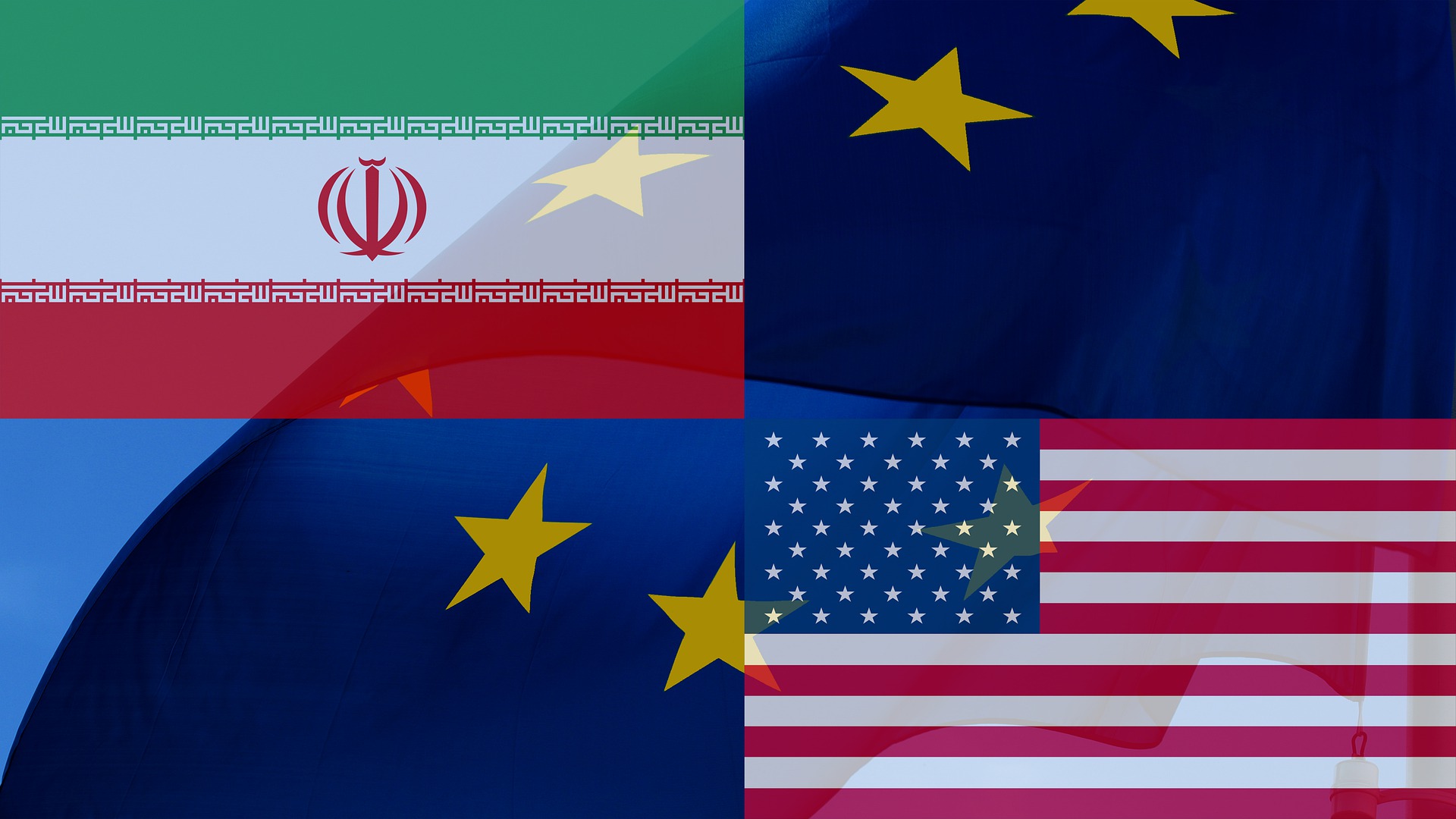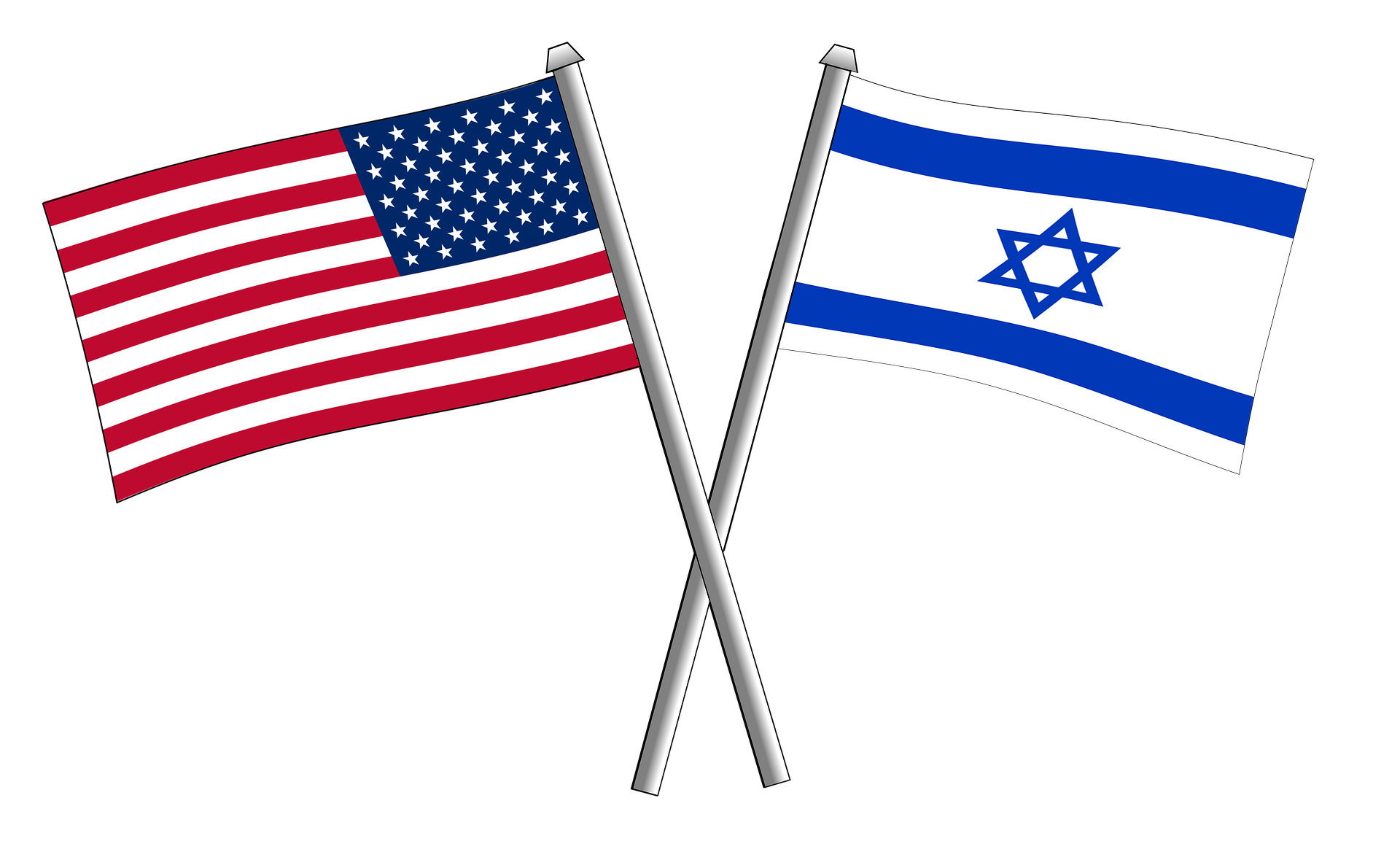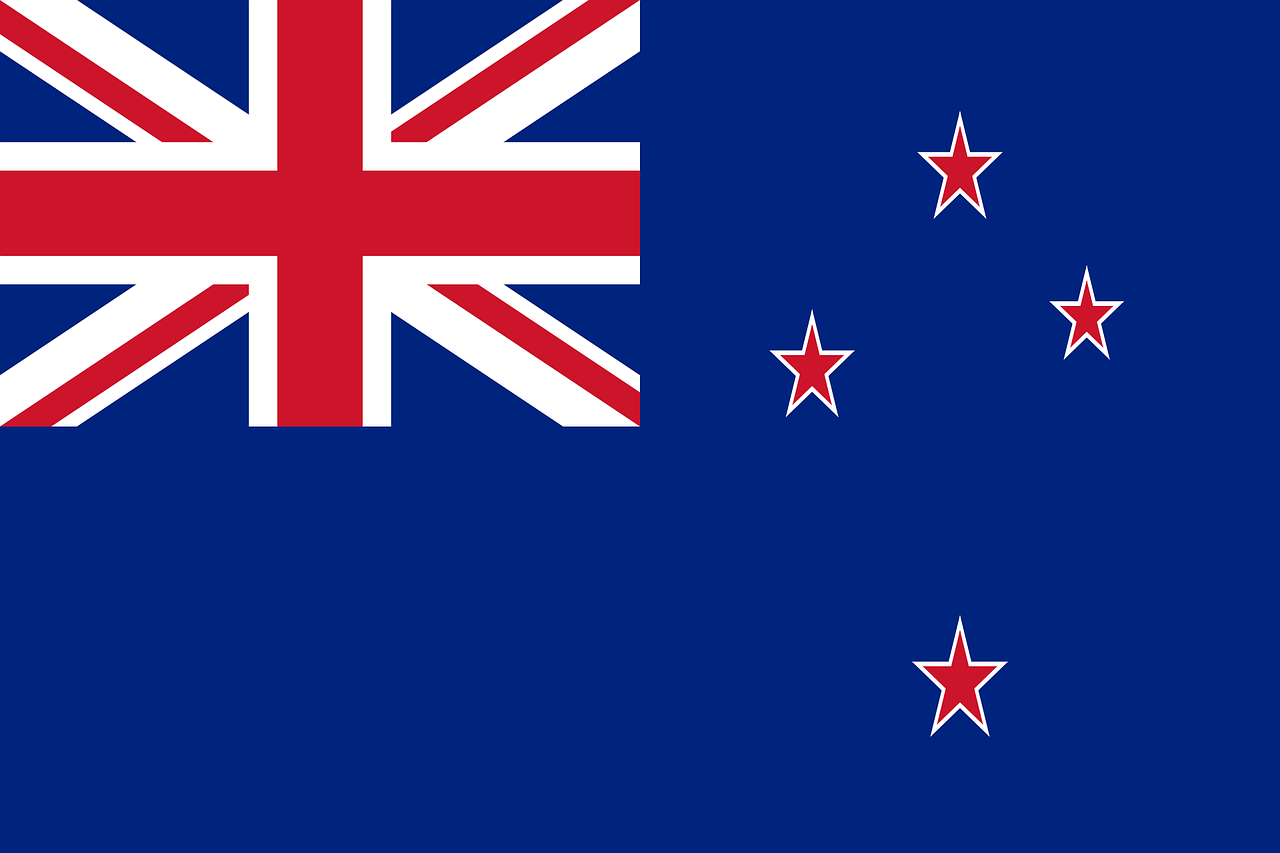We are happy to deliver some amazing news for H-4, E, and L dependent spouses! On November 12, 2021, following a settlement agreement known as Shergill v. Mayorkas, the United States Citizenship, and Immigration Services (USCIS) issued a new Policy Memorandum (Policy Alert PA-2021-25) outlining that the agency will automatically allow for employment authorization for dependent E, L, and certain H-4 spouses of principal visa holders, without requiring spouses to file I-765 application for employment authorization to be eligible to work in the United States.
The new Policy Memorandum also rescinds the agency’s previous 2002 Memorandum which did not allow dependent spouses in E, L and certain H-4 visa holders to automatically qualify for work authorization in the United States.
Following this new settlement, E, L, and certain H-4 spouses will be able to work just by having their valid visas, and they will not need to file any separate applications nor need an employment authorization card (work permit) to lawfully work in the United States.
While some doubt initially arose regarding whether E dependent spouses would qualify for automatic employment authorization, USCIS has now explicitly confirmed that it will indeed consider E and L dependent spouses to be employment authorized incident to their valid E or L nonimmigrant status.
The new November 12, 2021, Policy Memorandum outlines the following:
- Certain H-4, E, or L dependent spouses to qualify for an automatic extension of their existing employment authorization and accompanying employment authorization document (EAD) if they properly filed an application to renew their H-4, E or L-based EAD before the document expires and they have an unexpired Form I-94 evidencing their status as an H-4, E, or L nonimmigrant;
- The automatic extension of the EAD will continue until the earlier of: end date on Form I-94 evidencing valid status the approval or denial of the EAD renewal application, or 180 days from the date of expiration of the prior EAD document; Form I-94, evidencing unexpired nonimmigrant status (H-4, E or L), Form I797C receipt for a timely – filed EAD renewal application stating “Class requested as “(a)(17),” “(a)(18) or ((c)(26)”, and the facially expired EAD issued under the same category);
 Visa Lawyer Blog
Visa Lawyer Blog










